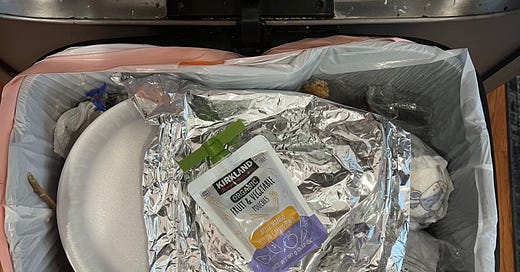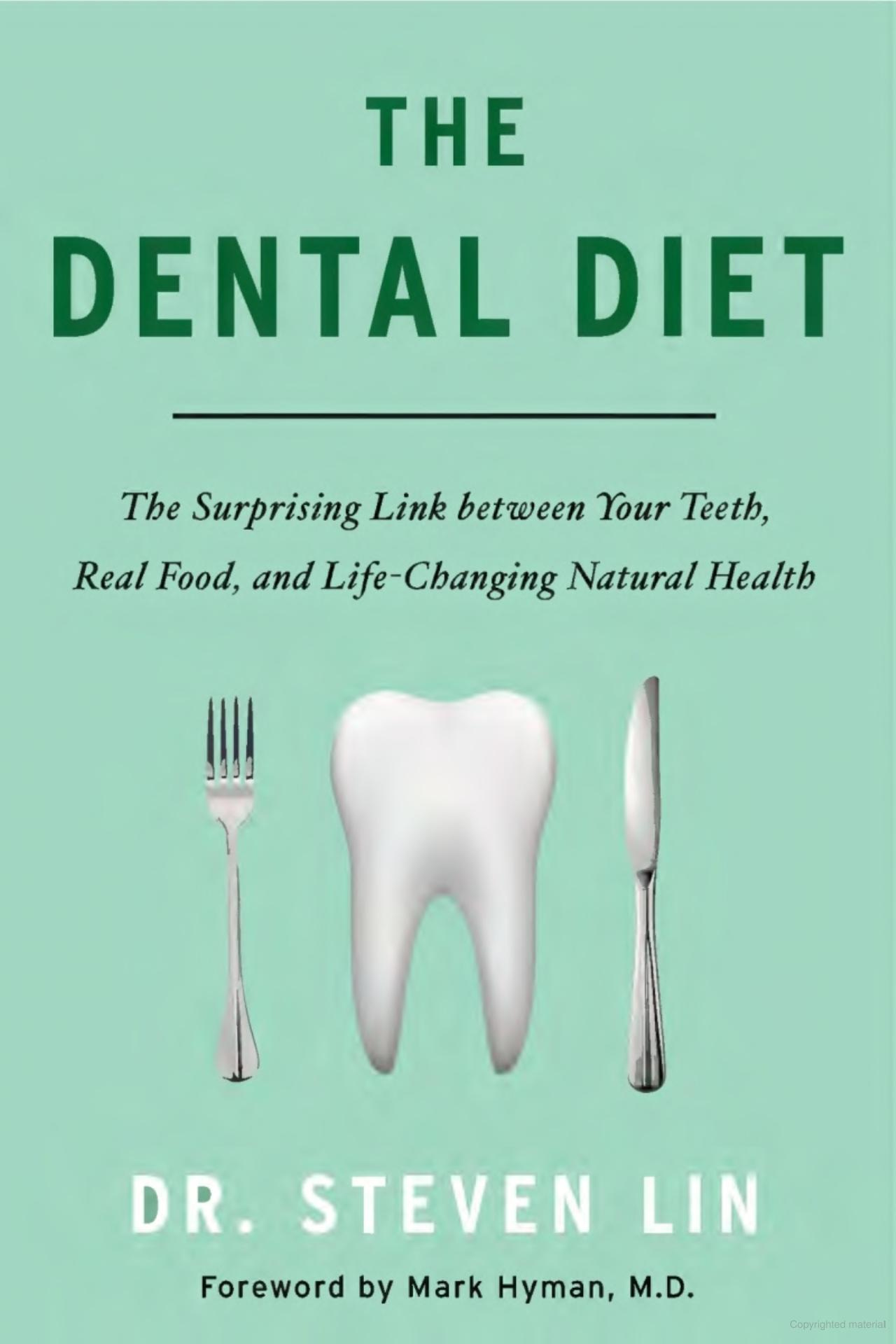I’ve never been a big fan of pouches.
But that makes me a hypocrite because regardless, on any given trip to Costco, you’d absolutely find a large box of those stupid things in my cart. They sat in my pantry and in my diaper bag just waiting to be sucked down by a “hungry” toddler.
But let’s be real: a pouch serves zero purpose except to pacify a child’s behavior or appetite. Yet, as I write this, I’m shaking my head because it actually doesn’t even pacify a child’s appetite. It might help in calming a cranky child or distracting them while you shop, but in reality, they don’t fill bellies.
They’re nothing but convenience.
Yes, I know there are plenty of pouches on the market that contain some fiber and protein (albeit a less superior version than real, whole foods), but the ones I was buying—the ones Costco sells—contain none of that. They’re fruits and “veggies” (veggies in quotes because c’mon, we all they’re mostly fruit) that have been stripped of their natural fiber and pulverized into a mush that contains nothing but sugar.
But what really convinced me to stop buying these wasteful, plastic thingys was this article I came across from the Los Angeles Times:
A little dramatic?
I guess it depends on how many pouches your kid is getting a day.
I’ll be honest, it never once crossed my mind that I could or should give my kids more than one pouch a day. So it was a bit puzzling to read this article and learn there are parents handing out two, even three pouches a day—even beyond the nutritive factor, that’s a lot of money down the drain!
But this article brought up a really important point: pouches keep our kids from chewing.
And chewing is a really big deal, especially in childhood when our jaws are still growing and expanding.
I dove deep into this world recently when I read the book The Dental Diet by Steven Lin. It is a fantastic book that I highly recommend, whether you have kids or not. One of the biggest revelations to me was how important it is to chew tougher foods everyday (foods like meat on the bone, dried or cured meats, and whole fibrous fruits and veggies). Chewing is literally exercise for our jaws, and the more our kids do it, the more their jaws widen and grow so that they’re adult teeth have plenty of space to grow into.
Ever wonder why some people have crooked teeth and why so many of us have to have our wisdom teeth pulled when we’re young? It’s because there isn’t enough space in our mouths for each tooth. Why would God give us teeth that had to get pulled at a certain age?
He didn’t. The advent of processed foods (which is notoriously soft/requires minimal work for our jaws) and other factors like mouth breathing have kept our mouths from expanding enough to fit them all.
This really hits home for me because I experienced permanent nerve damage to the left side of my tongue during a wisdom tooth extraction—the author addresses the very real risks of these oral surgeries. The left side of my tongue has felt swollen for more than 10 years now because I needed these teeth pulled. But it didn’t have to be that way. And I’m hoping to help my kids experience a different future.
Please read this book—Lin shares a ton more helpful information, resources, research, and even foods that help develop large, wide jaws that allow for healthy, cavity-free and straight teeth.
Now, do I think giving your kid a pouch everyday is going to produce crooked teeth??
Of course, not! There are so many other factors at play, including what else they eat throughout the day.
And yet, after reading this book and this article in the L.A. Times (and reminding myself that packaged foods are always at risk of getting contaminated—like that time kids got lead poisoning from pouches), I felt done.
Done with the pouches that get sucked down in 15 seconds and become trash. Done with the “snack” that just fills their bellies and mouths with sugar. Done with spending money on food that doesn’t actually nourish a growing body or satiate hunger in any way.
So on my biweekly trip to Costco last week, I did it. I walked right past the pouch aisle without looking back.
And can you guess what happened?
Absolutely nothing.
At the playground a few days later, my younger toddler went rummaging through my diaper bag like she normally does looking for a snack.
“Pouchy?” she asked.
“Nope. I’ve got a meat stick or an apple, which do you want?” I responded.
“No! Pouchy!” She demanded.
I shrugged. “Don’t have one. Meat stick or apple?”
“I’ll take an apple!” yelled the older toddler.
“Okay, here you go. Share with your sister because I only have one…”
They shared the crisp apple (a whole food that is 1. more filling than a pouch 2. contains fiber to counterbalance the sugar 3. offers a satisfying crunch that also exercises the jaw) and ran off happily to play.
And that was it, my friends.
It’s been over a week now and we haven’t experienced a single tear or tantrum because of the lack of pouches in our lives. In fact, life is better now. I’m getting fewer requests for snacks AND I’m saving money.
Closing Thoughts
Consider this week’s article permission to stop buying whatever snack you feel you need to buy. Whatever snack you think your kid just can’t live without… the truth is, kids are more adaptable than we give them credit for. They adjust and move on to new obsessions. But it’s up to us to help guide them toward the right obsessions.
Who’s with me?
P.S. Need some ideas on nourishing snacks for kids? Check out my post: All About Kid Snacks







I finally bought a set of reusable pouches because they do have one really helpful use (a way to swallow medication 2x daily). I can put less applesauce in the reusable ones since he doesn't always want a whole pouch, and it's so much cheaper and less plastic waste!
I was expecting you to talk about the toxic plastic the pouches are made of but I never even thought of this angle.